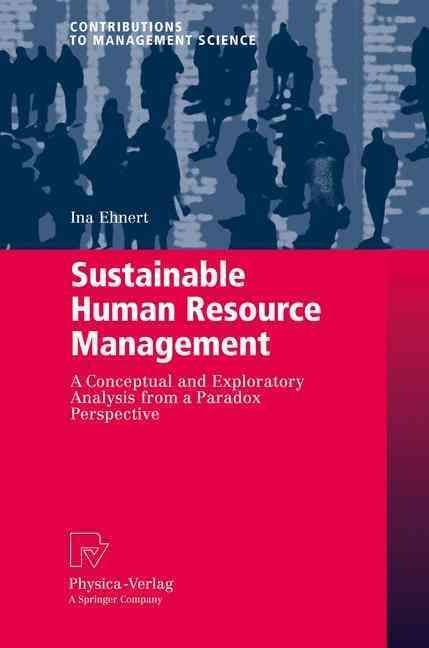Opioid analgesics are among the most effective medications for pain management but are associated with serious and increasing public health problems, including abuse, addiction, and death from overdose. Currently, there is an opioid epidemic in the United States with the rate of prescription opioid-related overdose deaths quadrupling over the last 15 years. Pediatric patients are particularly vulnerable to the devastating consequences of opioid misuse. Adolescents who are prescribed opioids are at a higher risk for abusing illicit drugs later in life. Clinicians managing pediatric pain must account for such issues while still delivering effective analgesia to young patients who suffer from both acute and chronic pain. Opioid Therapy in Children and Adolescents is designed to explore the unique aspects of opioid therapy in pediatric patients. An introductory framework provides historical context and describes the epidemiology of the opioid crisis with focus on pediatric implications. Subsequent chapters focus on pediatric opioid pharmacology, safe opioid prescribing practices, and non-opioid alternatives to managing pediatric pain states, including multimodal analgesic strategies, interdisciplinary approaches, and complementary medicine. Mitigation strategies against pediatric opioid diversion and misuse are addressed to help clinicians develop practice changes that protect pediatric patients from opioid-related morbidity and mortality. Clinical case examples are also utilized throughout the text to provide grounding for each chapter and a context within which to examine pertinent issues. This first of its kind book provides a comprehensive approach that will guide clinicians to appropriately and safely prescribe opioid analgesics to pediatric patients suffering from pain. It is an invaluable resource for pediatricians, family practitioners, anesthesiologists, pediatric oncologists, and other clinicians who manage pediatric pain.












